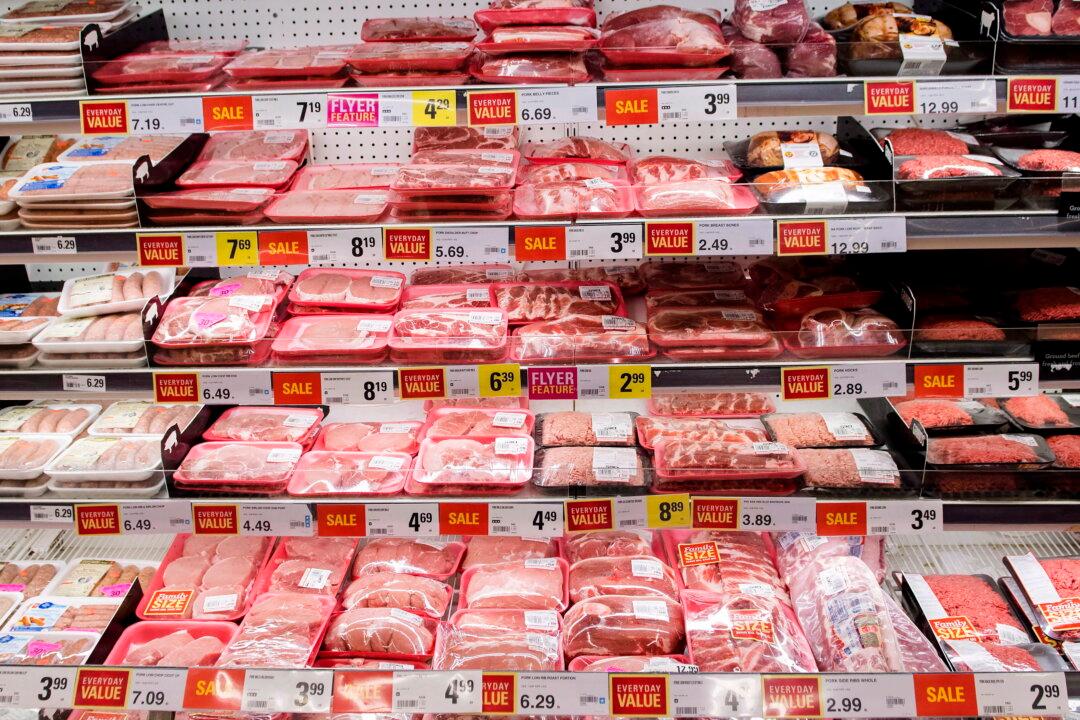U.S. Agriculture Secretary Tom Vilsack warned a House panel on Feb. 14 that unless Congress strengthens the federal Commerce Clause soon, “there’s going to be chaos” not only in commodity markets but also in regulatory jurisdictions across virtually all products, services, and statutory obligations.
Mr. Vilsack implored the House Agriculture Committee to spearhead a legislative remedy to counter a May 2023 ruling by the U.S. Supreme Court that upheld a California law that bans the sale of pork from hogs unless the animals are raised in a space that exceeds industry norms.





